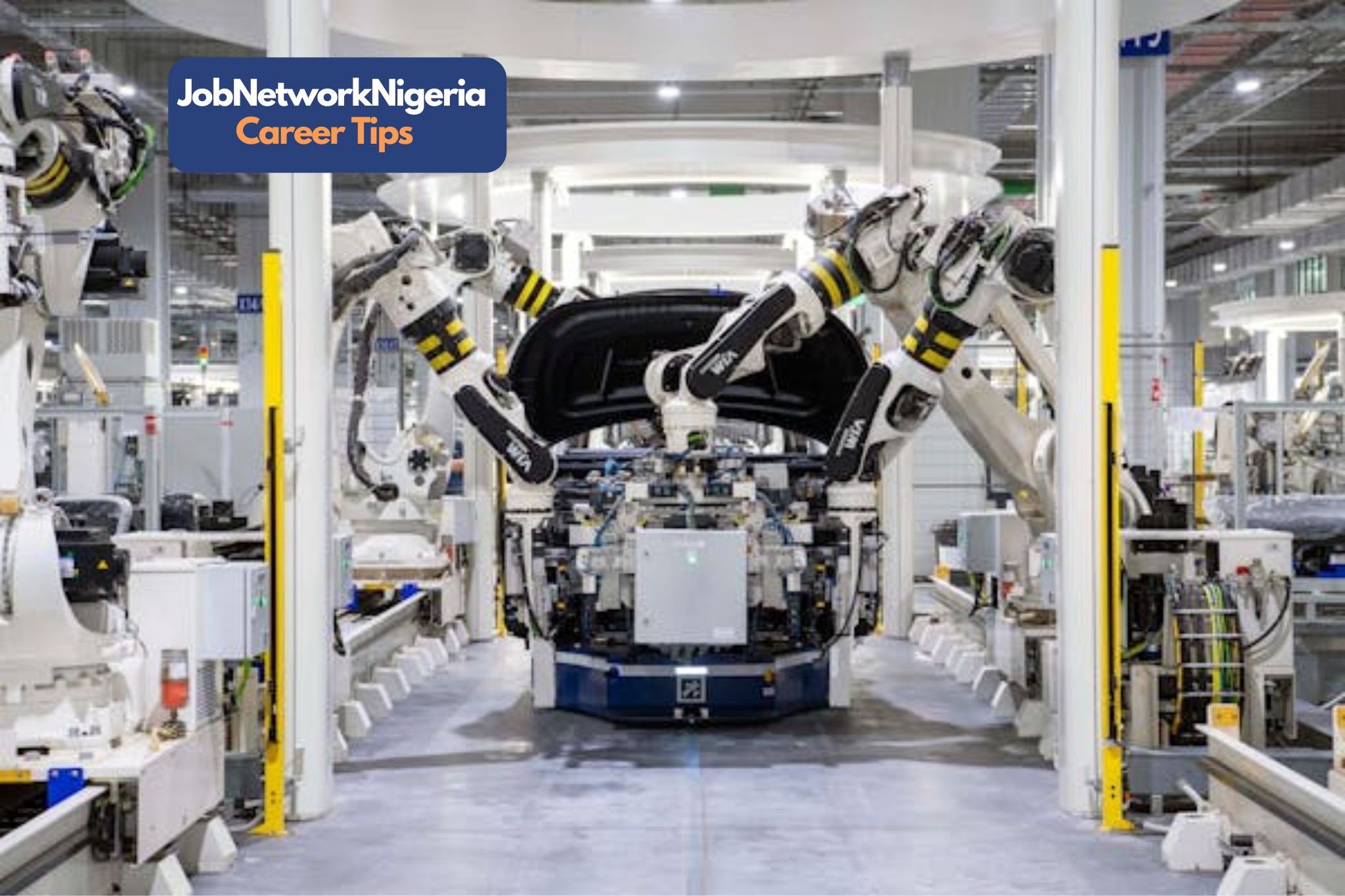
The Future of Work: What to Expect in the Coming Decades
The future of work is likely to be a landscape of significant transformation. Here’s a glimpse into what we might expect in the coming decades:
Automation and AI:
- Job displacement and creation: While automation may displace some jobs, particularly routine tasks, it will also create new ones requiring different skillsets. Human-machine collaboration will be key.
- Rise of AI-powered roles: We’ll see a surge in jobs involving artificial intelligence, such as AI development, data analysis, and machine learning expertise.
The Evolving Workplace:
- Remote work revolution: Remote work arrangements are likely to become the norm, offering flexibility and geographically dispersed workforces.
- Focus on skills, not location: Companies will prioritize skills and qualifications over physical location when recruiting talent.
- The importance of adaptability: With constant change, the ability to learn new skills and adapt to new technologies will be crucial for career success.
The Changing Nature of Work:
- The gig economy expands: The gig economy, with freelance and contract work, is likely to grow, offering flexibility but potentially less job security.
- Focus on soft skills: While technical skills remain important, soft skills like communication, collaboration, critical thinking, and problem-solving will become increasingly valuable.
- The rise of the purpose-driven workforce: Employees will increasingly seek work that aligns with their values and offers a sense of purpose beyond just a paycheck.
The Human Element Endures:
- The irreplaceable value of human skills: While automation is powerful, uniquely human skills like creativity, empathy, and critical thinking will remain irreplaceable.
- Focus on lifelong learning: Continuous learning and upskilling will be essential to keep pace with the evolving workplace demands.
- The importance of human connection: Even in a remote work environment, fostering collaboration, building relationships, and maintaining a sense of community will be vital.
Potential Challenges:
- Income inequality: Automation could exacerbate income inequality if skill gaps widen and certain segments of the workforce struggle to adapt.
- The ethical considerations of AI: As AI becomes more sophisticated, ethical considerations regarding bias, privacy, and job displacement will need to be addressed.
- The mental health impact of work: Remote work arrangements and the always-on nature of technology could pose challenges for work-life balance and mental wellbeing.
Looking Ahead:
The future of work presents both opportunities and challenges. By embracing continuous learning, developing a diverse skillset, and prioritizing adaptability, individuals can thrive in the evolving work landscape. Organizations will need to invest in upskilling their workforce, fostering a culture of lifelong learning, and adapting to new models of work to remain competitive. It’s a future where humans and technology work together, with a focus on human skills, flexibility, and a sense of purpose.
